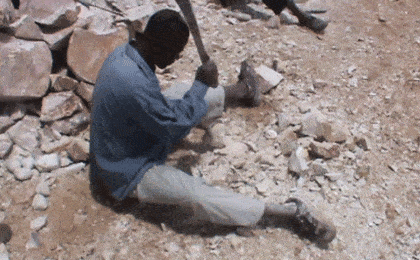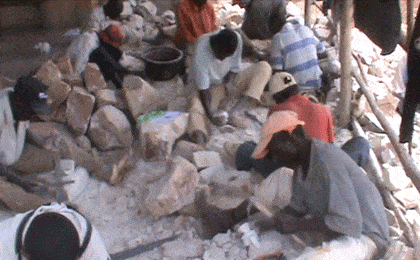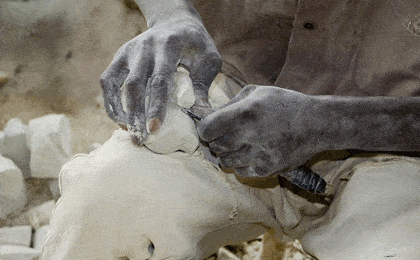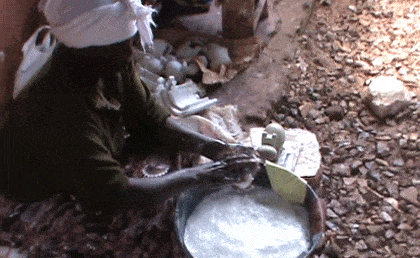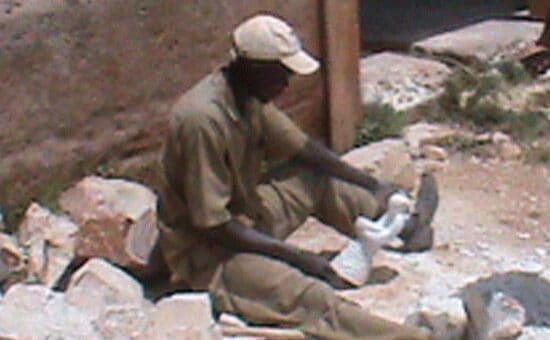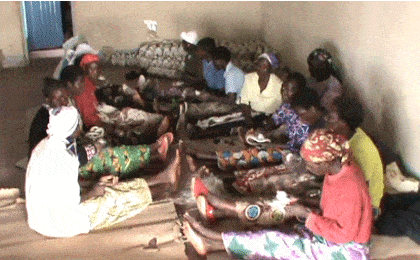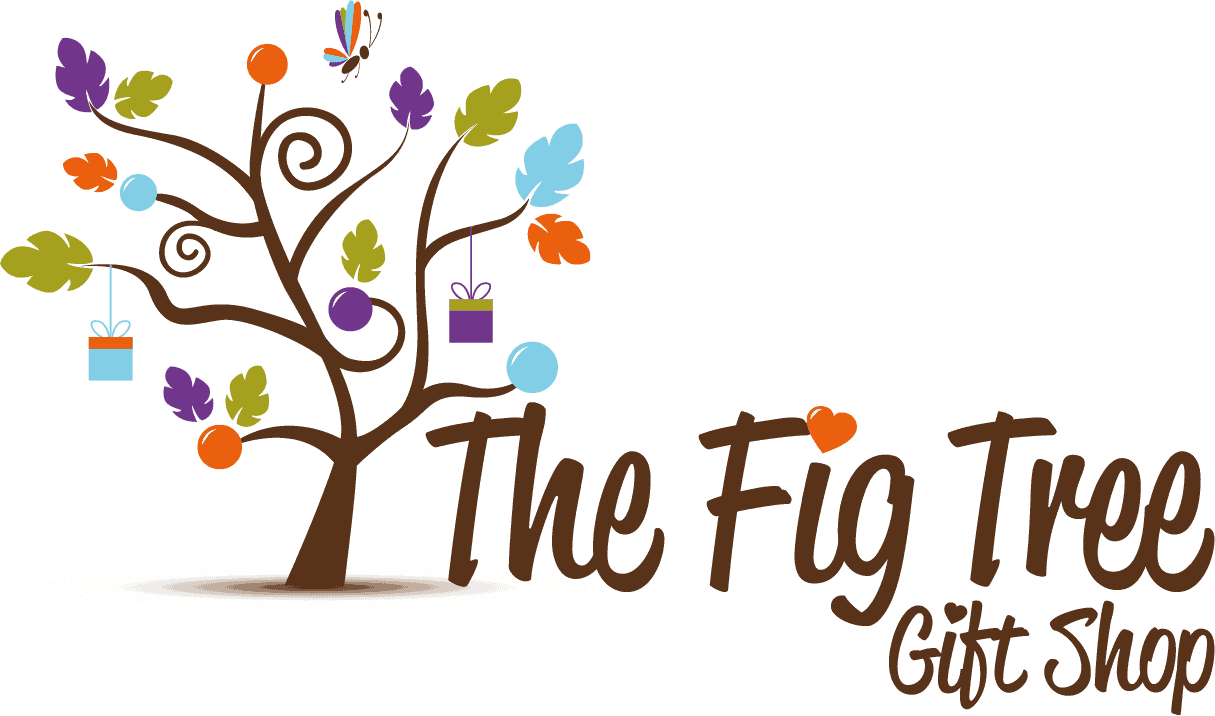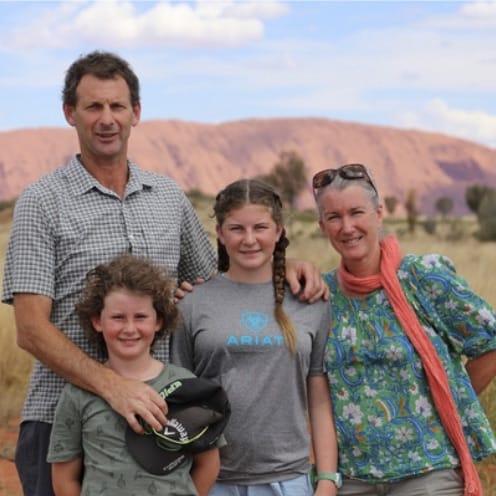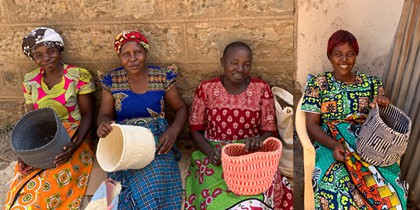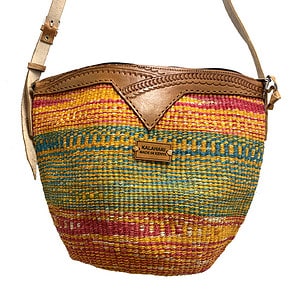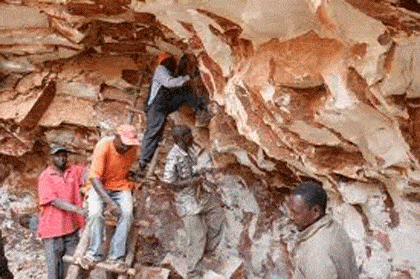
Community Projects Worldwide
Selling Ethical & Fair Trade Gifts in Australia.
Pru and Murray’s journey to this point began in 1992. Barely in their 20’s they, like many young Australians, left home to discover the world and inadvertently discovered themselves and a fulfilling career.
They spent 10 years traveling and working in hospitality which included extensive travel through Africa, running safari lodges in Botswana, a wilderness lodge in the highlands of Papua New Guinea, and working in several wilderness lodges in Far North Queensland.
Their last hospitality position was leasing and running a farm holiday and horse riding operation on the 15,000-acre Millamolong Station in the central west of NSW.
It was time for a change and they missed Africa. Whilst they loved the safari industry and their work in it, returning to it was not an option despite being offered roles at the now quite renowned Conservation Corporation in its early days.
They wanted to start a family and decided Australia was the place for that, so they moved to the Sunshine Coast and created KALAHARI TRADING Co . A business that they hoped would keep them connected to Africa and everything they loved about it, the wilderness, the people and the beautiful handcraft that says so much about the culture and resourcefulness of its population.
In 2007, Community Projects Worldwide was established as a retail business at Eumundi on the Sunshine Coast, and in 2008 they opened another retail shopfront in Port Macquarie in NSW.
Today they run KALAHARI TRADING Co as a wholesale supplier to retailers throughout Australia, and Community Projects Worldwide caters to their retail customers.
During this time they have expanded their reach to South America, India and South East Asia.
They are a social enterprise (although they do have some charitable products, and they support an organisation in Swaziland that helps child-headed households). It has always been their intention to build a sustainable model that will survive beyond their own humble endeavours.
Pru and Murray take great pride in working with all their suppliers who are all hard working, honest and smart people doing what they can to support themselves and their families, often under difficult social and geographic conditions. They have had relationships with many of their suppliers for close to 20 years. They adhere to all the principles of Fair Trade in conducting their business. All their suppliers are paid their asking price and they supply deposits to facilitate cash flow. They all work together in a mutual relationship of respect, trust and consideration.
Kenyan Sisal Bags
Indulge in the artistry of our handcrafted bags, meticulously woven by skilled rural women in Kenya. These women, many of whom are subsistence farmers, turn to weaving during dryer periods to augment their income. The materials employed, Sisal for the Kiondo and Palm for the Kikapu, showcase resilience in arid regions where these talented artisans reside.
Each basket is a testament to patience and craftsmanship, taking up to a week to weave. Once the intricate weaving is complete, the baskets transition to another group of artisans who skillfully add leather bindings and linings, transforming them into both fashionable and functional pieces. By choosing our products, you not only embrace the beauty of handwoven artistry but also support the livelihoods of these skilled women in Kenya.
Shop our Kenyan Sisal Bags
Kisii Stone Carvers
Explore the rich heritage of Kisii stone, commonly known as ‘Soap Stone,’ sourced from the village of Tabaka in southwestern Kenya. Mined with traditional tools such as shovels, crowbars, wedges, and hammers, the extraction process reflects the dedication of the local artisans.
Derived from the regional capital Kisii, the term ‘kisii’ is rooted in the language of the Gussi tribe, adding cultural significance to each piece. Handcrafted using age-old techniques, every stone undergoes meticulous carving with machetes, saws, adzes, and knives.
The stone’s natural hues, ranging from white and pink to brown, yellow, and black, present a vibrant canvas. Post-carving, the pieces are carefully sanded, dyed, and handed over to skilled designers who adorn them with intricate patterns through painting or carving.
The final touch involves a polishing process, utilizing floor or shoe polish along with shredded sisal rope, adding a lustrous finish to the masterpieces. By acquiring these carvings, you not only embrace the beauty of Kisii stone but also contribute to the employment and empowerment of the local community. Most households in the area are involved in some aspect of the production, making each purchase a meaningful investment in sustaining the region’s economic vitality.
